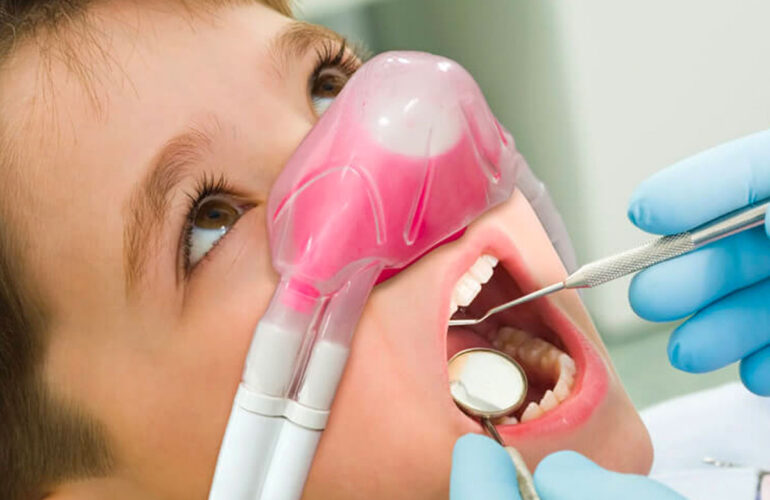Diabetes Dental Care
Diabetes can take a heavy toll on your health, not least of all the health of your teeth and gums. The great news is that it is entirely in your hands! Once you know what you’re facing, the solution becomes easier.
First of all…
What Does a High Blood Sugar Level Mean for My Teeth and Gums?
Cavities (Tooth Decay)
Many foods and beverages contain starches and sugars, which can interact with bacteria in your mouth to form plaque, The plaque then wears away the dentin and enamel on the surface of your teeth because of its high acidity level, gradually leading to cavities.
When your blood sugar level is high, the chances of plaque formation are greater, which means diabetics have a greater chance of developing cavities due to more acidity on and around the teeth.
Gingivitis (Early Gum Disease)
Gingivitis is indirectly caused by plaque build-up at the base of your teeth, which eventually leads to tartar formation. Tartar is harder to clean than plaque, so the risk of inflaming your gums is greater.
Since diabetes hampers your body’s ability to fight harmful bacteria, plaque and tartar formation may lead to your gums being more susceptible to irritation and bleeding, which is essentially what gingivitis is.
Periodontitis
The extreme form of gingivitis is periodontitis, which can lead to teeth being loosened and even falling out.
If you’re diabetic, the risk of infection is greater and the healing process is much slower. Moreover, the infection could cause your blood sugar levels to rise further, causing even more complications.
Thrush (Painful Patches in the Mouth)
The fungus Candida albicans is responsible for this condition, which shows up as red or white patches on the inside of the mouth that can be very painful.
Diabetics are more prone to thrush than non-diabetics.
Xerostomia (Dry Mouth)
In some cases, people with diabetes don’t have the ability to produce enough saliva in the mouth, which can lead to dryness and puts them at risk of tooth decay, thrush, and gum disease.
How Can I Prevent These Conditions?
- Visit Your Dentist Regularly – Regular dental visits every six months can help you avoid most of these conditions. This may include cleaning, general check-up, and X-rays.
- Inform Your Dentist of Your Diabetic Condition – Your dentist needs to know if you suffer from diabetes. This helps them offer the right treatment. You should also give them the number of the doctor who is helping you to manage your diabetes.
- Report Early Signs to Your Dentist – Any signs of loose teeth, dry mouth, or mouth pain should be reported to your dentist. Early detection can prevent serious issues down the road.
- Brush Twice a Day – Brushing in the morning and before going to bed at night has been one of the best ways to prevent many dental problems. Brushing after meals and snacking, as well as using an electric toothbrush are also recommended.
- Floss Daily – Dental floss helps you get under the gumline and between your teeth, where the bristles of a toothbrush often cannot reach. Waxed floss is ideal if normal floss doesn’t get between your teeth that easily.
- Manage Your Diabetes – Controlling your blood sugar levels by following your doctor’s recommendations and taking any prescribed medication in a timely manner are both crucial to the health of your teeth and gums.
- Stop Smoking – Ask your doctor about ways to quit smoking. Smoking increases the risk of a myriad of health problems, including complications of your diabetes, gum health, and the health of your teeth.
- Diabetes may be something you have to live with for the rest of your life, but don’t allow it to affect the health of your teeth and gums. Be vigilant about early signs and proactive about dental visits. Your teeth are for life!



